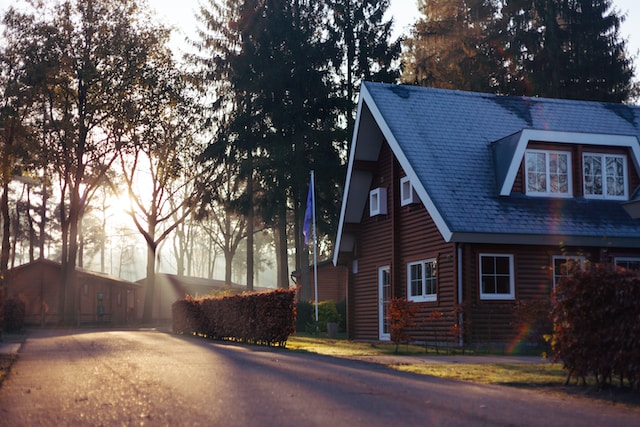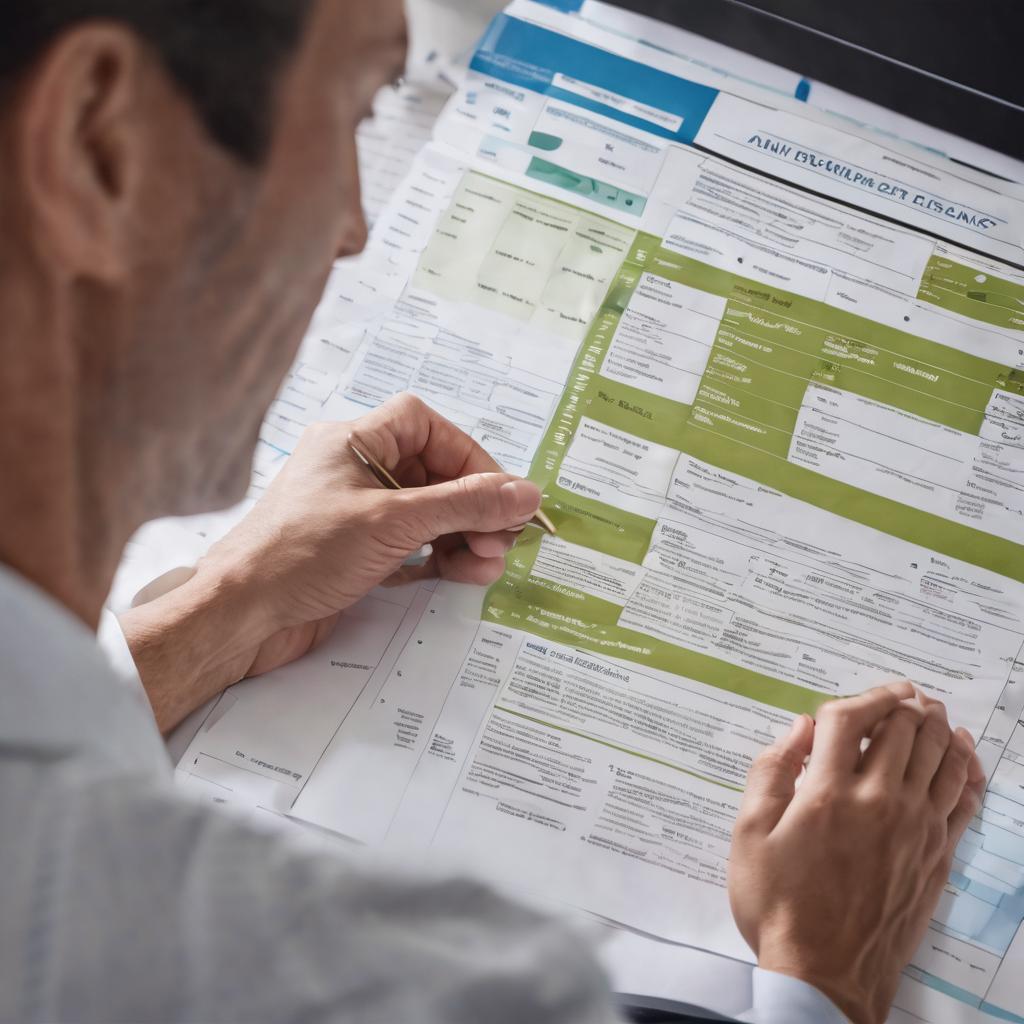The Ultimate Guide to Homeowners Insurance: Everything You Need to Know

Contents
- 1 Introduction
- 2 Homeowners insurance is the most common type of insurance policy in the United States.
- 3 There are different types of policies, but they all cover you for losses to your house and its contents.
- 4 With the right coverage, homeowners insurance can help protect your home and belongings against natural disasters and other unexpected events.
- 5 The cost of homeowners insurance depends on factors like where you live and how old your home is.
- 6 Most home insurance plans include several different deductibles that come into play when you make a claim.
- 7 When determining how much coverage to get, consider what you have at stake if your house burns down or is damaged by a storm.
- 8 Don’t let a lack of knowledge keep you from getting the protection that’s available to you.
- 9 The best way to protect yourself financially is to buy homeowners insurance
- 10 Conclusion
Introduction
Homeowners insurance is a type of insurance policy that covers your home against damage or loss. Homeowners insurance helps protect you from financial hardship if disaster strikes, such as a fire or flood.
In this guide, we’ll cover everything you need to know about homeowners insurance. We’ll start with an overview of what the different types of policies offer before diving into the details about how much coverage you need and where to find it for the best price possible. By the end, you’ll understand how this important insurance policy works—and why it’s so important to have in place!
Homeowners insurance is the most common type of insurance policy in the United States.
It covers your home and its contents, such as furniture, appliances and electronics. It also protects against natural disasters like fires or floods that can damage your property.
Homeowners insurance is required by most lenders when you take out a mortgage to buy a house, but it’s important to know what else you need to protect yourself financially if something happens at home.
There are different types of policies, but they all cover you for losses to your house and its contents.
The most common types of policies are HO1, HO2 and HO3.
HO1 is the most basic type of policy and covers only the structure of your home against loss by fire or lightning. Coverage for other perils such as earthquakes or windstorms is excluded by default; however, it can be added as an endorsement when you buy your policy (and will increase your premium). This type of coverage is typically referred to as “basic” or “broad form.”
With the right coverage, homeowners insurance can help protect your home and belongings against natural disasters and other unexpected events.
It’s also important to know what kind of policies are available so that you can select one that meets your needs.
Homeowners insurance is an essential part of protecting your home from damage or loss due to natural disasters or theft. It covers damage caused by windstorms, fires, theft/vandalism and other mishaps like broken pipes or burst water heaters. Some policies even offer additional protection for specific items such as jewelry or fine art collections (check with your agent about whether this is offered). The basic idea behind homeowners insurance is that it helps cover expenses associated with repairing or replacing damaged property; however there are limits on how much will be paid out per claim so make sure you understand those limits before signing up for a policy!
The cost of homeowners insurance depends on factors like where you live and how old your home is.
The location of your home will affect its value, so it’s important to know the average price range for homes in your area. For example, if you live in an area where most homes are worth $200,000 or more and yours is worth less than that–even if it’s just $10,000 less–you may have trouble getting coverage at all because insurers don’t want to risk covering such a low-cost property. The same goes for older homes: If they’re built before 1978 (or even earlier), they might not be eligible for any kind of insurance coverage at all due to lead paint concerns or other hazards from previous owners’ renovations or additions made over time that weren’t done by professionals who knew how best deal with lead poisoning risks present within many older structures’ walls themselves
Most home insurance plans include several different deductibles that come into play when you make a claim.
The most common type is the “basic” or “other than collision” deductible, which is the amount of money you have to pay out of pocket before your insurance kicks in. This can be $500, $1,000 or even more depending on what kind of policy you have and what company you choose. When it comes time for repairs after an accident or other incident has occurred at your home (and assuming they’re not covered by another policy), this is how much money you’ll need to come up with before receiving reimbursement from your insurer.
It’s important to note here that if there’s any question about whether it’s worth filing a claim under these circumstances–for example: Was this accident caused by someone else? Did they admit fault? Did they leave contact information?–then don’t bother submitting anything because no one will want anything to do with it anyway!
When determining how much coverage to get, consider what you have at stake if your house burns down or is damaged by a storm.
For example, if the value of your home is $300,000 and it costs $130 per square foot to rebuild it with new materials, that’s $360,000 in building costs alone. Add in the cost of replacing damaged items like furniture and appliances ($2 million), repairing damaged property ($20 million) and paying off any mortgage balance (another $30 million), and suddenly you’re looking at over $100 million worth of damage — all before taxes!
If this sounds like an extreme example with numbers pulled out of thin air (it is), don’t worry: It’s meant only as an illustration of how important homeowners insurance can be when calculating how much coverage should be purchased based on how much money could potentially be lost without it!
Don’t let a lack of knowledge keep you from getting the protection that’s available to you.
- Homeowners insurance is a way to protect your home and belongings against damage or loss, but it’s also an important part of being prepared for the unexpected. By learning more about homeowners insurance, you can make sure that everything in your life is protected by one simple policy.
The best way to protect yourself financially is to buy homeowners insurance
This can be a daunting task, but it’s important not to make any assumptions about what you need in your policy. For example, many people believe that their mortgage company will cover any damage from fire or other disasters–but this isn’t always true!
You should also think about how much coverage you need and the type of protection that works best for your situation. For example:
- Some policies include liability protection in case someone gets injured on your property; others don’t have this feature at all (or offer less than others). So if someone slips on ice outside your door and breaks their arm while trying to get inside, they could sue for medical expenses and other related damages.
- You may want comprehensive coverage if there are valuable possessions inside your home; otherwise just get basic liability protection against lawsuits resulting from accidents occurring on the premises (such as falling down stairs).
Conclusion
Now that you know what homeowners insurance is and how it works, it’s time to decide whether or not you need it. If you’re still confused, don’t worry–there are plenty of other resources out there that can help! The best advice I can give is to talk with an experienced agent who knows what they’re doing when it comes time for renewal or purchase of new coverage.








